Public lands are the backbone of the American West, and they are under attack. Sagebrush rebels, state governments and political action committees want to do away with federal oversight, while robber barons from back east buy vacation homes, put up gates and seize their own personal forest. When the locals protest, they lawyer up. The conflict drags on for years.
History reminds us that the West without federal oversight quickly fell into chaos; that capitalism without limits is feudalism. It teaches us that those who lived in the Wild West begged for oversight, in all its forms: fire codes to make towns less combustible, a sheriff handy with a gun, federal troops to put down tribal rebellions, judges to settle disputes. When Westerners weren’t clamoring for law and order they begged for infrastructure: rails, roads, and dams. The feds picked up the tab.
Settlement: A brief history
Americans have looked west ever since the original colonies began to fill and settlers streamed over the Appalachian Mountains into the Ohio Valley. Beyond the Mississippi River, miles of unsettled ground stretched into the horizon, new frontiers claimed by the Spanish, the British, the French, and all of it was up for grabs, Stephen Ambrose writes. For nearly three centuries, European nations planted flags, built forts, drew up maps, and held ground they settled sparsely or not at all.
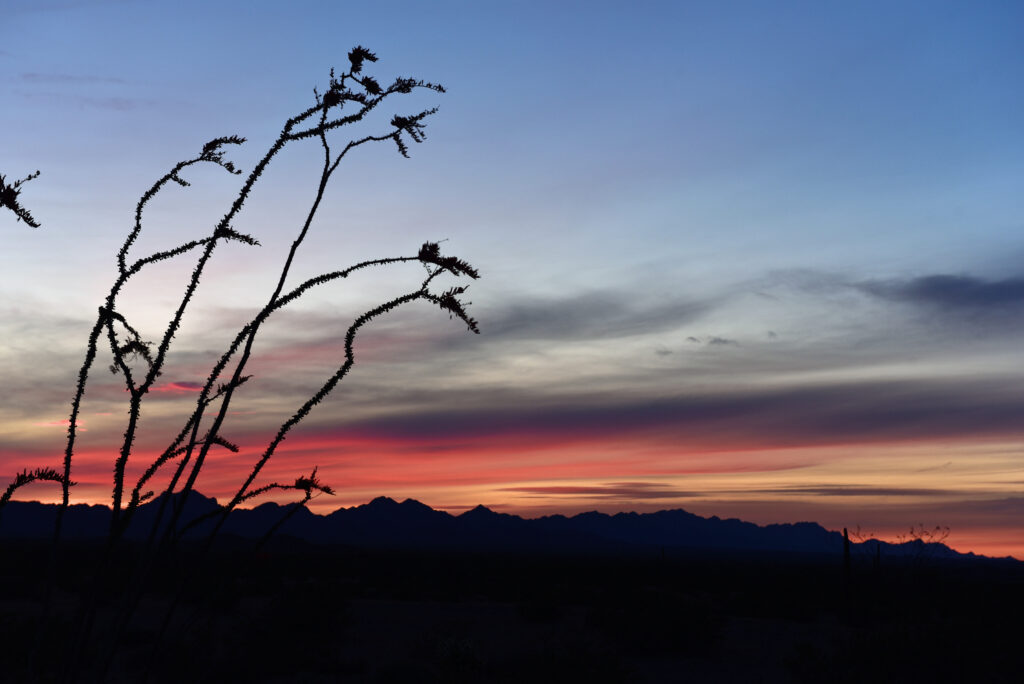
The United States understood that settling these new lands was important, and Thomas Jefferson set events in motion with the Louisiana Purchase, a sweep of land from the Mississippi to the Rocky Mountains; no roads, no rails, bad maps, lots of indigenous folk who disputed our title.
Congress pictured a nation of yeoman farmers, and offered up new homesteads for a couple bucks an acre, then $1.25 an acre. By 1862 it was free. The government gave land to railroad companies to spur investment – every other section on both sides of the tracks, until rails linked the nation. Federal troops and supplies moved swiftly in this new world, but still the government had too much land. Congress was also generous to the states, giving them property they could sell to raise money for schools. These gifts created the checkerboard patterns you see on maps to this day. Washington continued to give land to homesteaders and allowed prospectors to dig where they pleased; eastern capital backed these ventures and mining towns sprang up like mushrooms.
Westward
For decades, Americans pushed west, fueled by talk of cheap dirt, California gold, land where rain follows the plow. Mexico watched as its northern territories filled with warlords and American border crossers. The Sioux, the Comanche, and the Apache watched as settlers streamed in until the ground seethed with conflict and blood spilled across the plains. The nation of yeoman farmers never materialized. There was too much ground and not enough water, angry tribes, bad dirt.
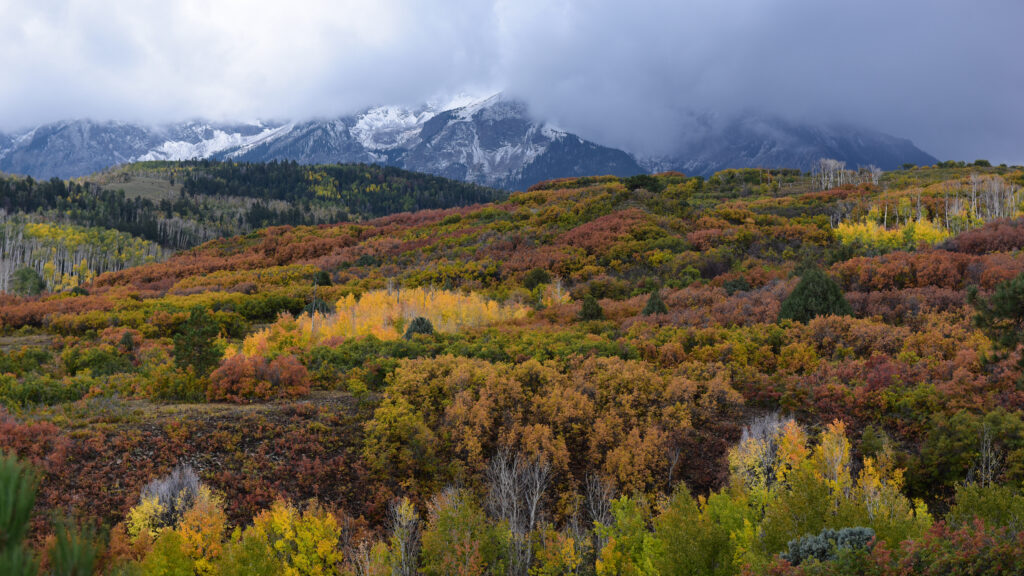
Ranchers fattened their herds on unclaimed lands, and when the grass took a beating they pushed onto tribal lands, their neighbor’s turf. The West was big and lonely, its possibilities clouded by range wars, court battles, cattle heists, long winters. Drought so bad that cows died where they stood. Congress eventually passed the Taylor Grazing Act to protect grasslands and bring order to chaos, but critics say it changed little. Westerners came to think of themselves as tough and self-sufficient, but in truth they were developing a complicated relationship with Washington.
Congress spent millions to make life easier in Western states with dams, roads, and other improvements. The feds killed predators and put out forest fires at taxpayer expense, keeping grazing fees low all the while. Ranchers got so used to their federal allotments of cheap grass they “convinced themselves that it belonged to them,” Bernard DeVoto wrote in 1947.
The final frontiers
But the land also belonged to the taxpayer, Americans who paid for it with blood and treasure. Trains and automobiles made visiting these distant states a favorite American pastime. The West was gritty and far-flung, an outdoor museum where the price of admission was a little gas money. For all its rough edges, it had outposts of civilization, national parks, Harvey Girls and dude ranches, the roadside attractions of Route 66, good fishing. There was a great deal of beauty out West, hundreds of thousands of acres that Congress couldn’t give away. In 1976, Congress passed the Federal Land Policy Management Act, and the Great American Land Dump came to an end.
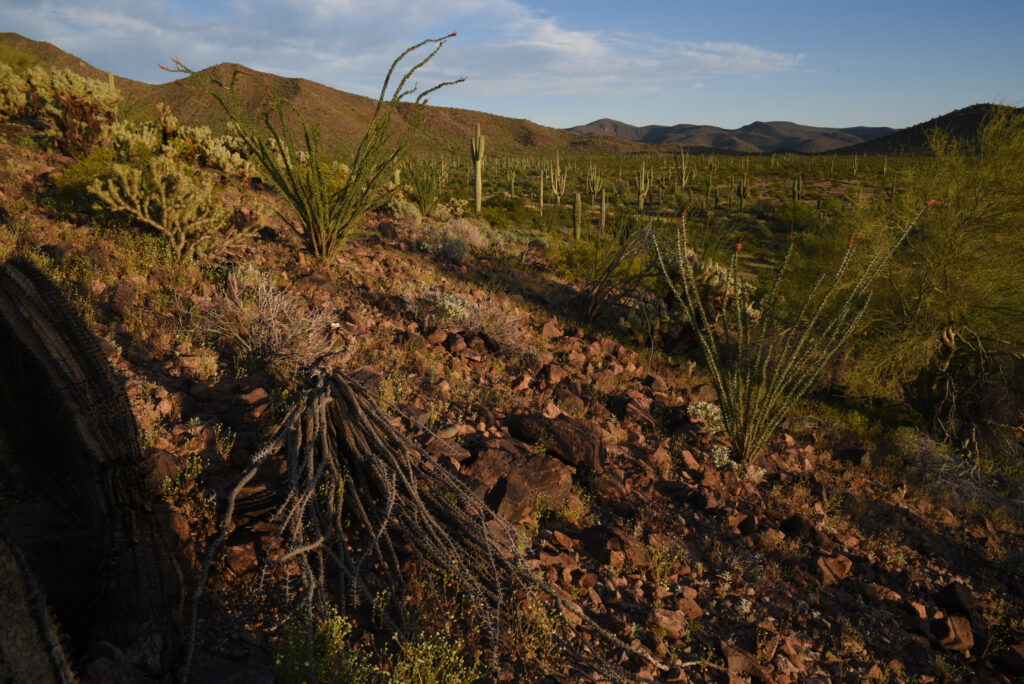
Almost immediately, Sagebrush rebels began to rewrite history and complain about federal lockups, grazing fees and other injustices. The movement never really gained traction with a wider audience, in part because it was rooted in anarchy, and anarchists are bad at organizing. Also, it lacked solid legal footing, much less a coherent message. But it has never entirely gone away.
The movement had many layers, Jonathan Thompson writes, with spokesmen emerging on various levels – local upstarts, county commissioners, state legislators and U.S. Senators posturing for the salt-of-the-earth bloc. Occasionally, the talk turns violent. Cliven Bundy, the Nevada ranger who has racked up more than a million dollars in grazing fees, has emerged as a mouthpiece for these saber rattlers, though he was not the first. This is the dark heart of the movement, which has led to standoffs in Nevada and Oregon.
Backroom deals
But there is a backroom element as well, where politicians pass bills, raise money, crank out misinformation, form committees and explore legal options. In 2012, Utah passed a law demanding that Congress transfer title of its federal lands to the state.
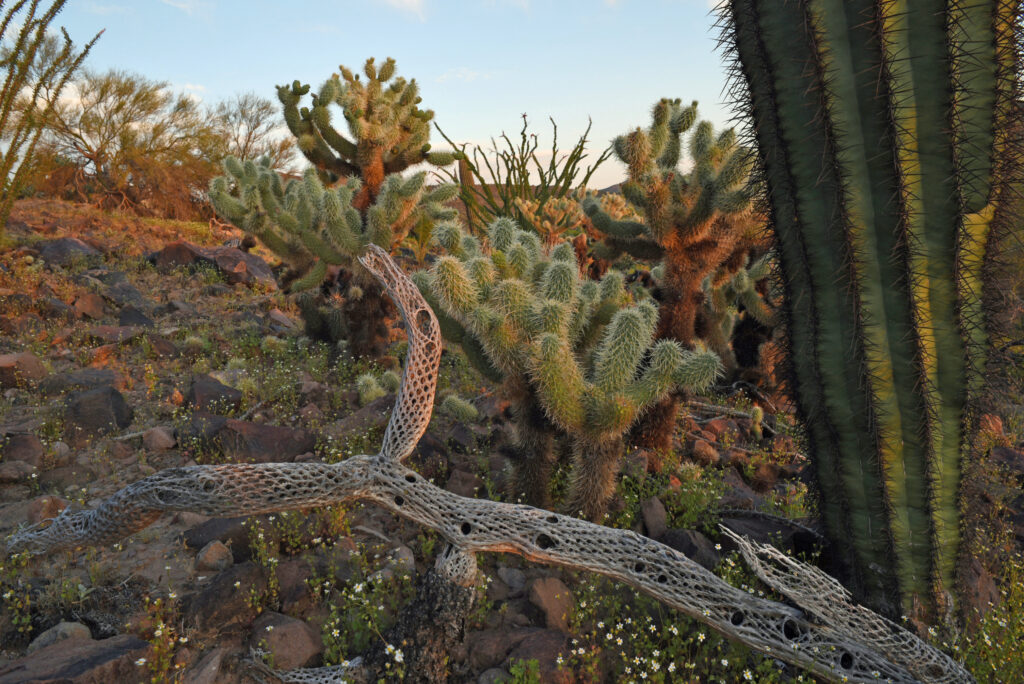
So far, the feds have responded with a collective yawn. The next move is for Utah legislators to mount a legal challenge. The only thing that seems to stop them is that their bill has the legal weight of helium, and they will almost certainly lose. Other states have passed similar bills, which have either failed to pass or were vetoed.
The public at large and most politicians are not buying it. But we live in strange times, and one thing that we have learned in recent years is that a lie, repeated often enough, becomes a form of truth for those who don’t bother to ask too many questions.
Not all battles for access take place in the open. Because access laws are local, entry can be denied with a stroke of a pen, a cheap padlock, a few well-placed signs.
Blocked access
This is complicated. Public lands fall under federal jurisdiction, but access varies from state to state. Western maps are spray-painted in many colors, a checkerboard that reflects the days of government largess and various title holders: tribal, private, federal, and so on. Underneath this grid is a hodgepodge of regulation based on state and federal statutes, county code, high water marks, case law, policy, politics, the bureaucratic mire.
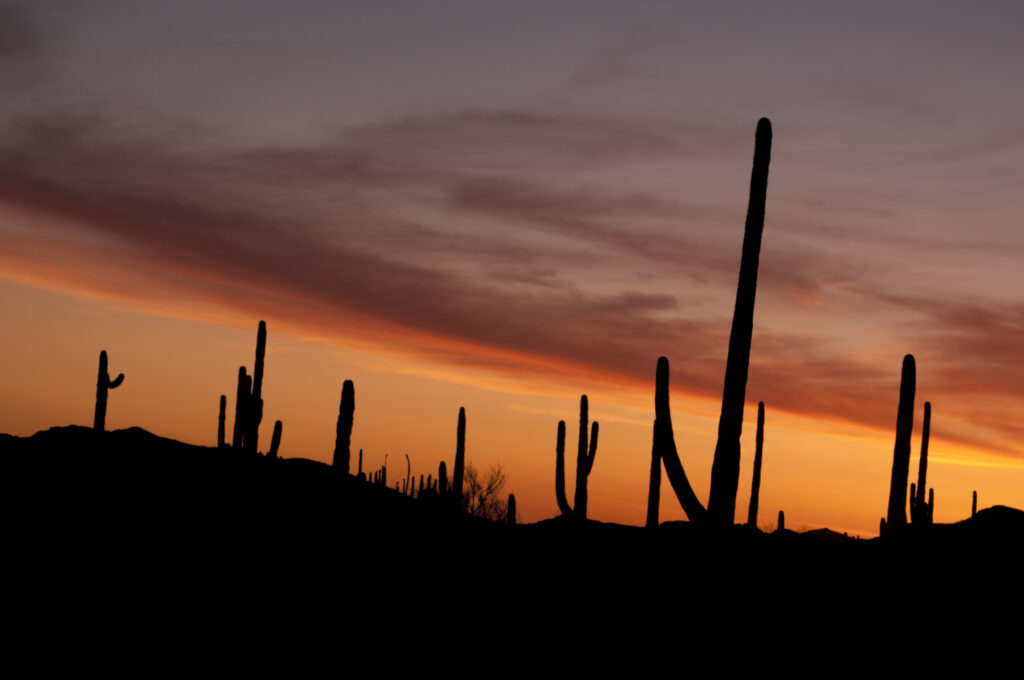
There is something else at work here. Some of the people who close gates are just old guys who worked like the devil, bought themselves a nice place in the woods, and are sick of their property being overrun.
There are some bad actors out there in the hordes that show up in our national forests every weekend. Something about the Great Wide Open brings out the worst in these people. They want to ride the range and imagine it is all theirs; they want to pass a bottle of whiskey in the night and howl; they want to believe they are strong and the gods are on their side; they want to rail against the state, shoot pistols in the air, hear bones and pottery chips break under the wheels, poach a deer, take the backstraps and leave the carcass to rot. Maybe the forest is tinder dry, and there is a ban on fires that weekend. No matter. They will drink beer around a raging bonfire. On Sunday, these weekend warriors must go back to their real lives, so they pack their gear and drive away, leaving the empties and beds of red-hot coals behind.
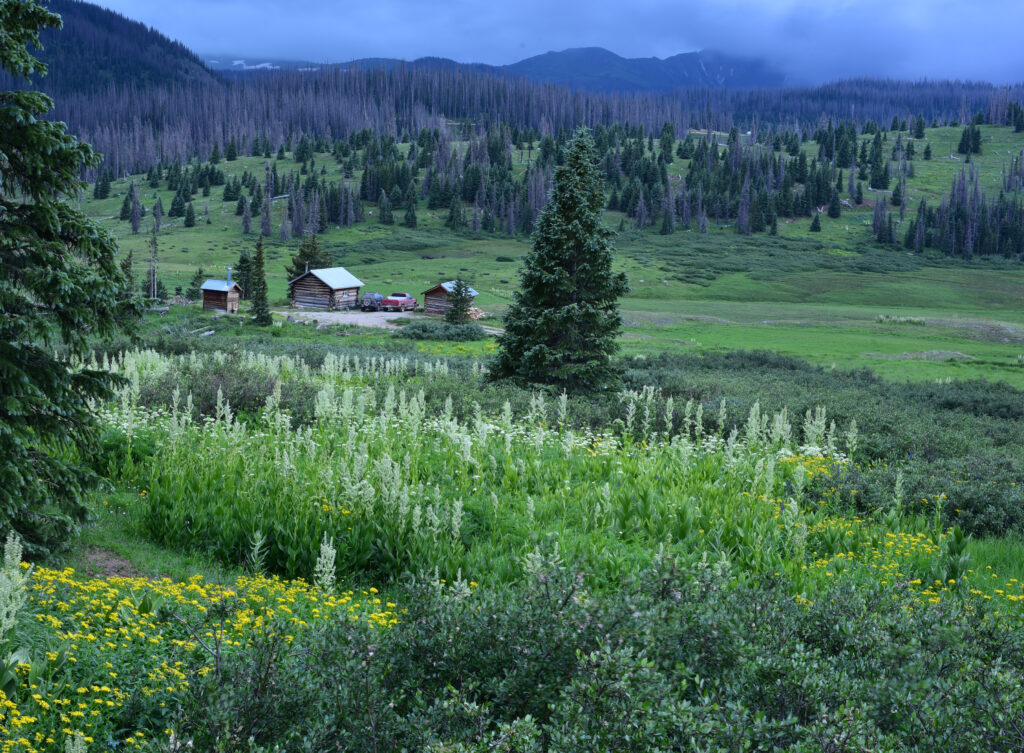
The shrinking West
They are out there, “and they ruin it for everybody,” said Rob Parkins, of Backcountry Hunters and Anglers. It’s easy to imagine, given how some people behave on public lands, that a few tourists may have strayed onto private property and left trash, failed to close a gate, started a wildfire, shot a cow, gotten out of the boat, lunched in someone’s back yard. If we want access we should behave ourselves and not leave a mess.
The West keeps getting smaller. Oh, sure, it’s the same size on paper, but roads compress distance and barbed wire creates a grid where none existed before, a patchwork of ideas and aspirations. Ecosystems have been carved up, the wide-open spaces tamed and diminished. Fun hogs pour over the mountains as settlers once did, and they thrash the same, tired land, the same overfished water, while lords barricade themselves in their castles. Climate change and public access could reshape the West, not in some distant future, but in a decade or two.
